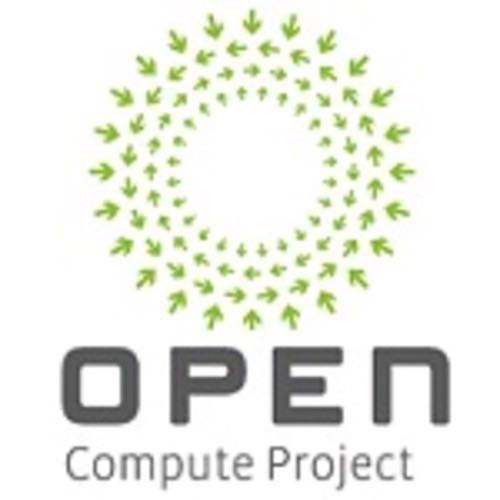In April, Facebook announced the Open Compute Project (OCP). It sounded pretty crazy at the time: Facebook was proposing an open, commodity infrastructure for Web-scale infrastructure. But the idea has legs, and today announced a formation of a foundation for the Open Compute Project. Will your next servers be designed by Facebook and friends?

The project started when Facebook was looking to save energy and improve efficiency with its data centers. The first one that Facebook put together provided a 38 percent increase in energy efficiency, and reduced the cost of building the data center by 24 percent.
If you’re still doubting how real this is, consider the list of companies that have signed on: Intel, ASUS, Dell, Huawei, Rackspace, Netflix, Microsoft, Goldman Sachs and a little software vendor by the name of Red Hat.
Watch live streaming video from fbtechtalks at livestream.com
I spoke with Red Hat’s VP of corporate development, Mike Evans, today about the company’s involvement with OCP. Evans says that the company got involved after a few customers started suggesting that they look into OCP, and after OCP participants recommended to Facebook to pull Red Hat in.
Evans says that the OCP concept, that of solutions being produced in the open, is right up Red Hat’s alley. “I like the fact that when it’s all said and done, it adds value end users.” End users here, of course, being Red Hat’s customers. Consider it the inverse of Oracle’s engineered systems, where Oracle claims to save customers money by building proprietary systems top to bottom.
The question is whether vendors like HP and Dell are going to start offering these commodity systems in volume, and whether they’re going to become standard for smaller customers than Facebook. Evans says that there’s a few scenarios. One is that the commodity servers become mainstream for everybody in the market. The less optimistic scenario is that the OCP systems only catch on with the “create your own universe” builders like Facebook, Google and Amazon. He says that the truth is “probably in the middle,” depending on whether enough vendors get behind OCP.
Right now, the market belongs to smaller vendors like Synnex that are putting together systems for Facebook.
I think the player to watch here is Asus, though. If you remember, Asus really elbowed its way into space at the big boy table with netbooks. It was primarily a vendor known for parts, not full systems. Asus has done a lot with the boost it got from the EeePC systems. They could play their cards right and become a major server vendor as well.
Red Hat has already been involved certifying hardware like the Intel and AMD reference boards, so it’s not a stretch to say that companies could be buying OPC systems in the next year. So the question is whether customers are going to be demanding these systems next time they talk to their suppliers. Are you?

















